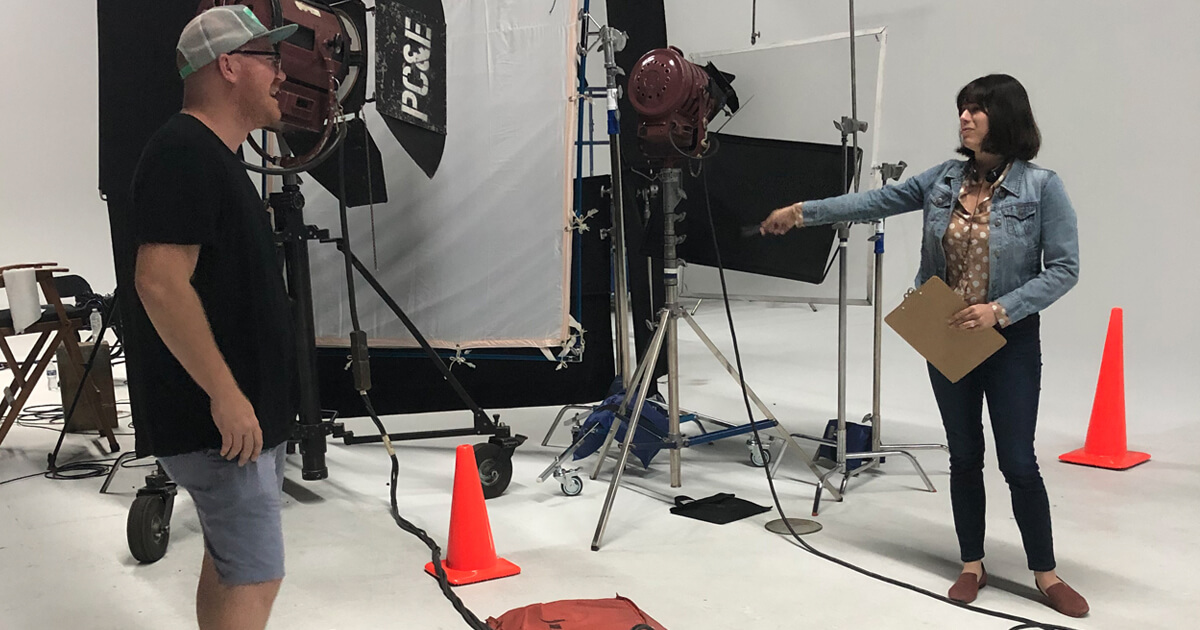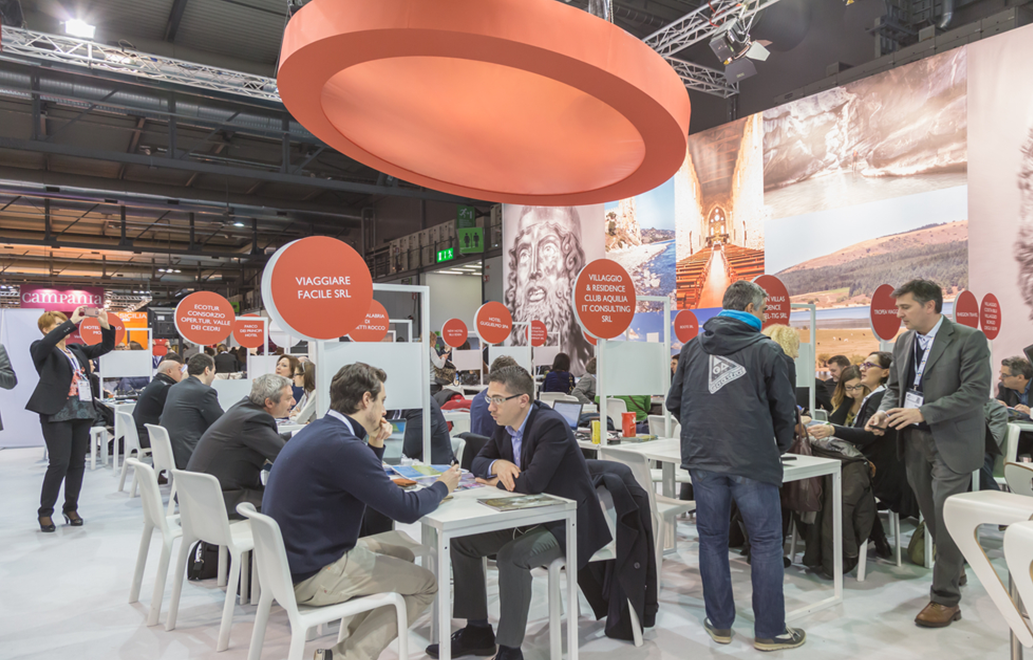Understanding Event Production: Why It Is Very Important for Successful Gatherings
Event production plays a critical role in forming successful celebrations. It involves mindful preparation, coordination, and execution to ensure every detail aligns with the event's vision. This process not only boosts attendee experiences yet also helps with meaningful links among individuals. Understanding the details of event production can substantially impact the total outcome. What are the vital components that contribute to a successful event, and just how can they be successfully handled?
The Role of Event Production in Producing Memorable Experiences
Numerous variables contribute to the success of an event, event production plays an essential role in crafting remarkable experiences. This diverse process incorporates numerous elements, consisting of preparation, logistics, and implementation. Reliable event production warranties that every information lines up with the overall vision, creating a smooth circulation that captivates guests. By collaborating timelines, taking care of sources, and supervising technological elements, event producers develop a foundation for impactful experiences.Moreover, they curate atmospheres that resonate with the target market, enhancing interaction and emotional connection. From selecting suitable locations to integrating cutting-edge technology, the options made throughout production greatly affect just how participants view and bear in mind the event. By focusing on quality and interest to information, event production changes normal gatherings right into phenomenal moments, leaving lasting impacts. Eventually, the experienced orchestration of these elements specifies the significance of an event, showcasing the relevance of professional event production in attaining remarkable results.
Trick Elements of Successful Event Production
Efficient event production rests on several crucial parts that guarantee success. Planning and sychronisation establish a strong foundation, while technological setup requirements resolve logistical demands. Furthermore, carrying out audience engagement techniques improves the overall experience, making the event memorable.
Planning and Control
Preparation and sychronisation function as the foundation of effective event production, making sure that every detail aligns effortlessly to create a memorable experience. Efficient preparation includes establishing a clear vision and goals, while control requires the meticulous organization of logistics, timetables, and resources. A well-defined timeline is essential, leading all stakeholders via critical turning points and jobs. Interaction plays an essential function, promoting collaboration amongst team participants, vendors, and place personnel. Routine conferences and updates assist to deal with obstacles quickly, making sure that everyone continues to be lined up with the event goals. Ultimately, an organized technique to preparation and control not only boosts effectiveness yet also greatly adds to the overall success and pleasure of the event for participants and coordinators alike.
Technical Setup Demands
An effective event depends heavily on its technological arrangement needs, which encompass necessary parts such as audio-visual tools, lighting, staging, and connection. Audio-visual equipment includes microphones, speakers, and projectors, ensuring that discussions and efficiencies are supplied plainly. Proper lighting boosts the setting and highlights essential locations, while organizing gives the required system for audio speakers and entertainers. Connection, including Wi-Fi and electric accessibility, is crucial for smooth communication and technology combination. Each component should be thoroughly intended and performed, tailored to the event's particular requirements. Inadequate technological setups can result in interruptions, adversely impacting the total experience for attendees, emphasizing the value of complete prep work and interest to detail in event production.
Target Market Interaction Techniques

The Importance of Preparation and Coordination
Preparation and control are essential to the success of any type of event production. Effective timeline management, resource allotment methods, and group communication dynamics play essential functions in making certain that all aspects integrated perfectly. Without an organized method to these aspects, events run the risk of dealing with hold-ups, budget overruns, and miscommunication among staff member.
Effective Timeline Monitoring


While successful event production commonly hinges on creativity and execution, effective timeline monitoring stays an essential component that can not be overlooked. A well-structured timeline acts as the foundation of any event, ensuring that each phase is performed in a timely manner. It enables the control of various jobs, from venue arrangement to visitor arrivals, while preventing possible traffic jams. By clearly detailing target dates and responsibilities, event organizers can maintain emphasis and adjust to unpredicted difficulties. In addition, a meticulously crafted timeline fosters communication amongst employee, advertising responsibility and collaboration. Eventually, reliable timeline management not only enhances functional performance but also adds significantly to the total success and smooth implementation of the event, leaving participants with a memorable experience.
Resource Allotment Methods
Efficient source allowance strategies are essential for the effective implementation of any event. Proper preparation enables event coordinators to determine and distribute resources, such as funds, workers, and materials, in a fashion that optimizes effectiveness. By reviewing the certain requirements of each element of the event, organizers can prioritize tasks and allot sources as necessary. Control amongst different divisions makes certain that all elements, from accommodating audiovisual demands, are sufficiently supported. This critical approach not just lessens waste but look at more info additionally boosts the general experience for participants. In addition, anticipating possible difficulties and having contingency plans in position enables for smoother operations. Ultimately, reliable resource allotment adds considerably to attaining event objectives and assuring an unforgettable gathering.
Team Interaction Dynamics
Just how can seamless interaction amongst staff member change the event production process? Efficient communication is important for coordinating jobs, sharing updates, and attending to difficulties in real-time. When group members participate in open discussion, they can promptly determine possible problems and establish services collaboratively, reducing delays and misconceptions. This dynamic fosters a natural atmosphere where everybody recognizes their functions and duties, leading to a more synchronized initiative. In addition, normal check-ins and comments loopholes enhance responsibility and warranty alignment with the event's purposes. By focusing on interaction approaches, teams find this can simplify process, bolster spirits, and inevitably elevate the overall high quality of the event. Effective celebrations rest on the capacity to communicate successfully, making it a vital component of event production.
Enhancing Participant Engagement Through Innovative Style
Creative style plays a crucial duty in improving participant involvement at events, as it promotes an immersive atmosphere that astounds participants' attention. By integrating innovative visuals, interactive aspects, and thematic decor, event organizers can produce memorable experiences that reverberate with attendees. Thoughtful design designs advertise activity and exploration, motivating visitors to interact with displays and each other.Incorporating innovation, such as augmented fact or live ballot, more improves the experience, enabling real-time feedback and communication. Furthermore, sensory components like lights, noise, and fragrance can evoke feelings and create a much more appealing atmosphere.The usage of storytelling via style aids communicate the event's purpose and message, making it more relatable for these details participants. Eventually, imaginative design not just boosts interaction yet also grows connections among participants, leaving an enduring impression that expands beyond the event itself. This strategic strategy to design is necessary for successful gatherings.
Taking care of Logistics for a Smooth Implementation
While the exhilaration of an event can attract attendees in, taking care of logistics is crucial to protect a seamless implementation. This involves carefully collaborating numerous components, from location choice and layout to wedding catering and transport. Efficient logistics administration ensures that all parts align, enabling a smooth flow from enrollment to the final thought of the event.Additionally, a clear communication strategy amongst all stakeholders is vital. This consists of staff, suppliers, and volunteers, that must be informed of their roles and responsibilities. Preparing for prospective difficulties, such as equipment failure or unexpected weather, can further boost the event's success.Creating an in-depth timeline assists keep the team on course and enables timely adjustments. Inevitably, well-managed logistics not just help with a satisfying experience for attendees yet additionally reflect the professionalism and trust and dependability of the organizers, adding to the general success of the celebration.

The Effect of Innovation on Event Production
What duty does modern technology play in forming modern-day event production? Modern technology has ended up being a keystone of effective event production, enhancing both intending and execution procedures. From advanced enrollment systems to interactive apps, modern technology streamlines participant monitoring and improves engagement. Digital event systems enable coordinators to get to bigger target markets, breaking geographical barriers and promoting hybrid events that integrate in-person and on the internet experiences.Additionally, audiovisual modern technologies, such as high-definition screens and sound systems, boost the quality of discussions and performances, guaranteeing a memorable experience for attendees - event production charlotte. Social media site integration makes it possible for real-time feedback and interaction, fostering area involvement in the past, throughout, and after the event. Information analytics devices aid organizers in monitoring participant habits and preferences, making it possible for customized experiences that resonate with varied audiences. In general, the combination of innovation in event production not just enhances operational effectiveness yet also enriches guest experiences, inevitably adding to the success of the event
Assessing Success: Determining the Outcomes of Your Event
Success in event production rests on effective evaluation, which involves gauging a range of results to examine the total effect of an event. To accomplish this, organizers can use both qualitative and quantitative metrics. Quantitative actions may consist of attendance numbers, ticket sales, and profits produced, while qualitative evaluations might entail attendee fulfillment studies and comments forms.Additionally, analyzing social media interaction and media coverage can give understandings right into the event's reach and brand effect. Contrasting these metrics against predefined goals assists establish if the purposes were met.Furthermore, post-event debriefs with the preparation team can uncover lessons discovered and locations for improvement. By methodically reviewing these end results, event manufacturers can improve future gatherings, guaranteeing constant development and success. Inevitably, a comprehensive evaluation not just highlights achievements but also educates tactical choices for succeeding events, fostering a society of excellence in event production.
Frequently Asked Questions
What Credentials Should an Occasion Manufacturer Have?
Event producers must possess strong organizational skills, imagination, and effective interaction capabilities. A history in task management, budgeting, and settlement is vital. Relevant qualifications and experience in diverse event types better improve their certifications.
How Can I Decrease Event Production Prices Properly?
To efficiently minimize event production prices, one can streamline supplier selection, negotiate contracts, make use of in-house resources, focus on important elements, carry out technology for performance, and discover sponsorship chances to offset costs without endangering high quality.
What Are the Typical Challenges in Event Production?
Common challenges in event production consist of budget plan restrictions, logistical control, vendor management, time restrictions, participant engagement, technical difficulties, and unanticipated conditions - event production charlotte. Each factor can substantially impact the total success and smooth implementation of the event
How Do I Select the Right Location for My Event?
Choosing the ideal location involves thinking about variables such as place, capacity, amenities, and budget. Additionally, evaluating accessibility and atmosphere ensures the chosen room aligns with the event's goals and improves the overall participant experience.
What Is the Typical Timeline for Planning an Event?
The typical timeline for intending an event varies, yet normally includes phases such as principle growth, location choice, supplier sychronisation, promotion, and final preparations, usually extending several months to assure an effective implementation.